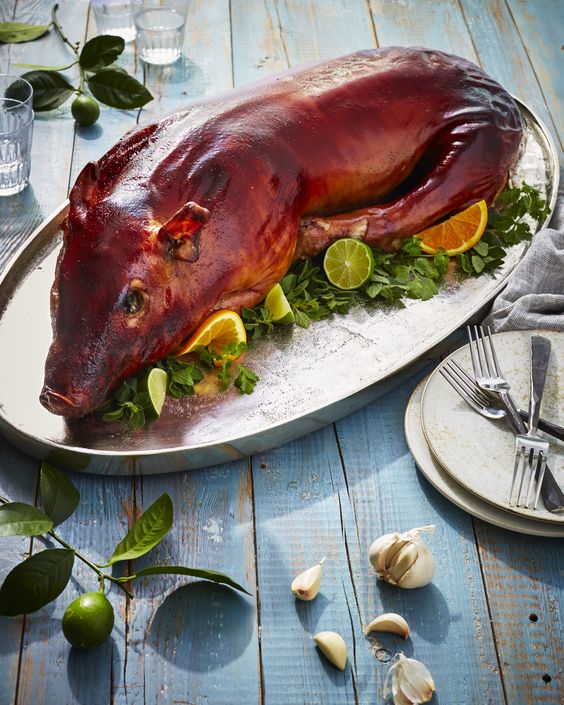Ancient Eats

ANCIENT EATS
Armando Galella, May 22, 2018
Without question there are a number of civilizations that possess thousands of years of food history. The obvious would be India and China. Neither is homogenous as both cultures were influenced by varieties of external influences throughout the centuries. Italian cuisine is also ancient and similarly influenced over time by a variety of stimuli. Greek, Arab and Norman are but three. The use of tomatoes and chili peppers in Italian cooking are but two simple examples of an imported fruit and vegetable that throughout time were later incorporated into a large number of Italian dishes.
There is some question among scholars regarding the evolution of Italian and later Italian American cuisine that can be traced to the cuisine of ancient Rome. In 1936 Joseph Dommers Vehling translated an ancient Latin text into English that was initially printed in Latin in 1705. The 1705 translation was entitled, “The Art of Cooking, in Imitation of Horace’s Art of Poetry”. Prior to the 18th century translation there existed three principal Latin editions ascribed to one Albanus Torinus. These versions were dated 1541.
Vehling was himself most remarkable. Born in 1879 in Germany, he trained as a chef at a young age. He emigrated to America in 1904 where he continued his career as a chef but became more widely known as an author and translator. He was a cookbook historian and book collector. Vehling founded the International Hotel Workers Union in New York and ended his fascinating career at Cornell University where he lectured and published numerous cookbooks on the art of cooking in the Renaissance and antiquity. He is considered by many as the founder of research on the art of cooking.
Vehling believed that Apicius was actually the surname of several "gastronomers" of ancient Rome. He writes, "Two Apicii have definetly been accounted for. The older one, Marcus Apicius, lived in the time of Sulla about 100 B.C. The man we are most interested in, M. Gabius Apicius, lived under Augustus and Tiberius, 80 B.C. to 40 A.D."
Italian chef/author Giuliano Bugialli wrote in his “The Fine Art of Italian Cooking”:
“There are also recipes that survive from the world of several thousand years ago. And why not? Many of the basic ingredients of Italian cooking with their wine, olive oil, flour, and grains, most of the same species of game, meat, and fish, even some of the same cooking utensils in Tara Cotta and copper still exist. And today we find traces of two kinds of cooking. While Apicius’s book (Cookery and Dining in Imperial Rome) gives us the elaborate dishes of the upper class of the empire there was a simpler cooking, which ordinary people eat every day, and this, like many aspects of Roman culture, came from the Etruscans, the people who inhabited Tuscany and who’s descendants still live there."
"We know that the upper classes in the middle ages ate in a way that was related to the way the ancient Romans did, and that a probable byproduct of wars and campaigns of that period, such as the Crusades, was the protection of trade routes that brought back the important spices and other ingredients necessary for that elaborate cooking. Polenta and fish and soup dishes survived from the food of the common man.”
In 2000 PBS's NOVA aired a segment entitled. "Ancient Roman Recipes", and cited "Cooking and Dining in Imperial Rome". The producers used the Vehling translation (see bibliography below)
Here are but two examples:
SEASONED MUSSELS
With an empire that spanned both sides of the the Mediterranean Sea, Romans often feasted on seafood. Romans might salt, smoke, or pickle their fish, or even preserve it with honey. This recipe for seasoned mussels, though, calls for just a simple cooking before they are eaten.
Ancient Roman Seasoned Mussels Recipe From "Apicius":
For mussels broth: finely cut leeks, cumin, and passum (raisin wine). Dilute this mixture with water and cook the mussels in it.
Modern Seasoned Mussels Recipe (serves 4)
40-50 mussels
2 tablespoons garum fish sauce
1/2 cup wine
1/2 cup passum (a modern version of this raisin wine is the Italian dessert wine Vin Santo)
1 leek, chopped
1 handful of fresh cumin and savory, minced
Wash the mussels thoroughly to remove the sand, then boil them in sufficient water to cover, along with the remaining ingredients.
Boiled Eggs with Pine Nut Sauce
Perhaps the most popular of all the Roman appetizers was the egg. In fact, the ancient Latin saying ab ovo usque ad malum literally means "from the egg to the fruit," which translates loosely as "the beginning of the meal to the end." In this recipe, the egg is adorned with lovely pine nut sauce.
Ancient Roman Egg Recipe
For medium-boiled eggs: Pepper, lovage, and soaked pine nuts. Pour on honey and vinegar; mix with garum fish sauce.
Modern Egg Recipe
4 medium-boiled eggs
2 ounces pine nuts
3 tablespoons vinegar
1 teaspoon honey
Pinch each of pepper and lovage (or celery leaf)
- Soak the pine nuts 3-4 hours beforehand in the vinegar.
- Mix all the sauce ingredients thoroughly in a blender. This exquisite sauce should be presented in a sauce boat so that each person can serve himself or herself, since the eggs cannot be sliced and placed on a dish in advance.
The Classical Cookbook
By Andrew Dalby & Sally Grainger. The J. Paul Getty Museum, 1996.
A Taste of Ancient Rome
By Ilaria Gozzini Giacosa. Translated by Anna Herklotz. The University of Chicago Press, 1992.
Daily Life in Ancient Rome
By Jerome Carcopino. Translated by E. O. Lorimer. Edited by Henry T. Rowell. Yale University Press, 1940.
Cooking and Dining in Imperial Rome
By Apicius. Edited and translated by Joseph Dommers Vehling. Dover Publications Inc., 1977.
Apicius Text
18th Century Latin
Roman cooking utensils
First century C.E.







